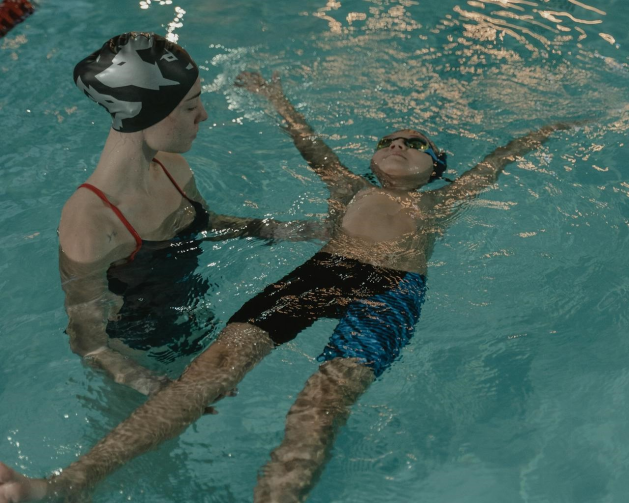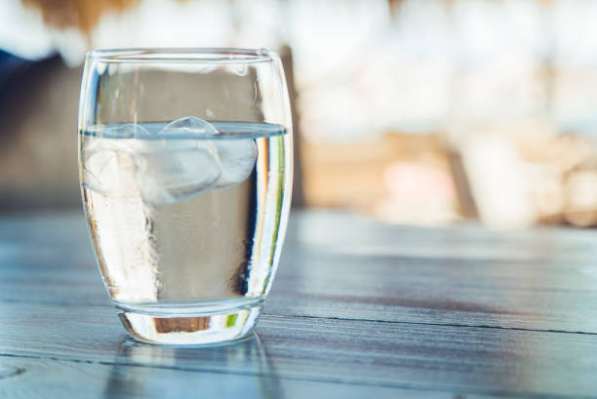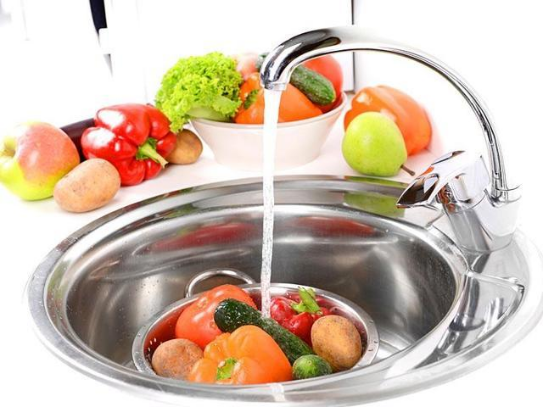Traveling internationally opens up a world of unforgettable experiences, rich cultures, and new culinary delights—but it also introduces potential health risks, particularly when it comes to drinking water safety. In many parts of the world, tap water may not meet safety standards, and consuming contaminated water can lead to traveler’s diarrhea, parasites, or even serious infections.
Waterborne diseases are among the most common travel-related health issues, but the good news is they’re highly preventable. With the right knowledge and preparation, you can stay hydrated and safe throughout your journey.
In this article, we’ll share practical water safety tips for international travelers, including how to avoid unsafe water, choose the right purification methods, and protect your health—no matter where your passport takes you.
1. Why Water Safety Matters When Traveling

Contaminated water can carry a range of harmful microorganisms and pollutants, such as:
- Bacteria (e.g., E. coli, Salmonella, Shigella)
- Viruses (e.g., Norovirus, Hepatitis A)
- Parasites (e.g., Giardia, Cryptosporidium)
- Heavy metals and chemical pollutants (from industrial runoff)
These contaminants can cause:
- Nausea and vomiting
- Diarrhea
- Stomach cramps
- Fever
- Dehydration
- Long-term gastrointestinal issues
In regions with poor sanitation, even ice, raw foods, or tap water used for brushing teeth can carry these risks.
2. Know the Water Safety Situation in Your Destination
Before your trip, research whether the tap water at your destination is safe to drink. You can check:
- The CDC Traveler’s Health website
- The World Health Organization (WHO) database
- Local government travel advisories
Even in countries with otherwise clean environments, water infrastructure may vary by region. In some cases, rural areas or small towns may have less reliable water treatment than major cities.
3. Always Drink Bottled or Purified Water
In countries where tap water is not safe, the simplest rule is: “Boil it, filter it, or forget it.”
Bottled Water
Always buy bottles with sealed caps.
Avoid refilled bottles or street-vendor water.
Choose large containers to reduce plastic waste and cost.
Filtered or Treated Water
Use a portable water filter or UV purifier for safe water from taps or natural sources.
Boil water for at least one minute before drinking if no filtration tools are available.
Chemical treatments (e.g., iodine or chlorine dioxide tablets) are also effective in emergencies.
4. Be Careful with Ice and Drinks

Ice is often overlooked as a risk. Even in upscale restaurants or hotels, ice may be made from untreated tap water.
Avoid:
- Ice in cocktails, sodas, or fruit juices
- Frozen desserts made with local water
- Ice-based smoothies from unknown vendors
If you're unsure, ask how the ice is made or simply skip it.
5. Brush Your Teeth with Clean Water
Many travelers forget that brushing their teeth can introduce unsafe water into their systems. Use:
- Bottled water
- Filtered water
- Boiled and cooled water
Avoid rinsing your mouth with tap water unless you're certain it's safe.
6. Be Mindful When Showering or Swimming
In areas with questionable water quality:
- Keep your mouth closed in the shower
- Use boiled or filtered water to rinse wounds or contact lenses
- Avoid swimming in untreated water sources, especially lakes or rivers near populated areas
Some parasites can enter the body through the skin, so showering or swimming in unclean water can still pose risks.
7. Choose Foods That Use Safe Water

Food is often another source of waterborne illness.
Avoid:
- Raw fruits and vegetables washed in tap water
- Street food sauces or drinks diluted with local water
- Salads or uncooked garnishes
Instead, choose:
- Cooked food served hot
- Fruits you can peel yourself (like bananas or oranges)
- Bottled or canned beverages
8. Pack Rehydration Supplies
Even with precautions, stomach upsets can happen. Be ready with:
- Oral rehydration salts (ORS)
- Electrolyte tablets
- Anti-diarrheal medication (with medical guidance)
- Activated charcoal or probiotics for gut support
Staying hydrated with clean fluids is the key to quick recovery from dehydration or digestive issues.
9. Encourage Sustainable Water Habits While Traveling
While it’s tempting to rely on single-use bottled water abroad, this practice generates tons of plastic waste, especially in countries with limited recycling infrastructure.
Sustainable Alternatives:
- Carry a reusable water bottle with a built-in filter
- Use large water jugs to refill smaller bottles
- Choose eco-lodges or accommodations that offer filtered water
- Avoid plastic straws and disposable cups
By choosing sustainable hydration methods, you help the planet while protecting your health.
Clean water is something many of us take for granted—until we’re traveling abroad and suddenly it’s no longer guaranteed. Fortunately, a little preparation goes a long way. By following these water safety tips, you can prevent illness, stay energized, and fully enjoy your international adventures.
Safe water isn’t just about avoiding discomfort—it’s about making the most of your travel experiences with confidence and peace of mind.
 Vietnamese
Vietnamese  English
English  Chinese
Chinese  French
French  Spanish
Spanish  Russian
Russian  Arabic
Arabic  Portuguese
Portuguese